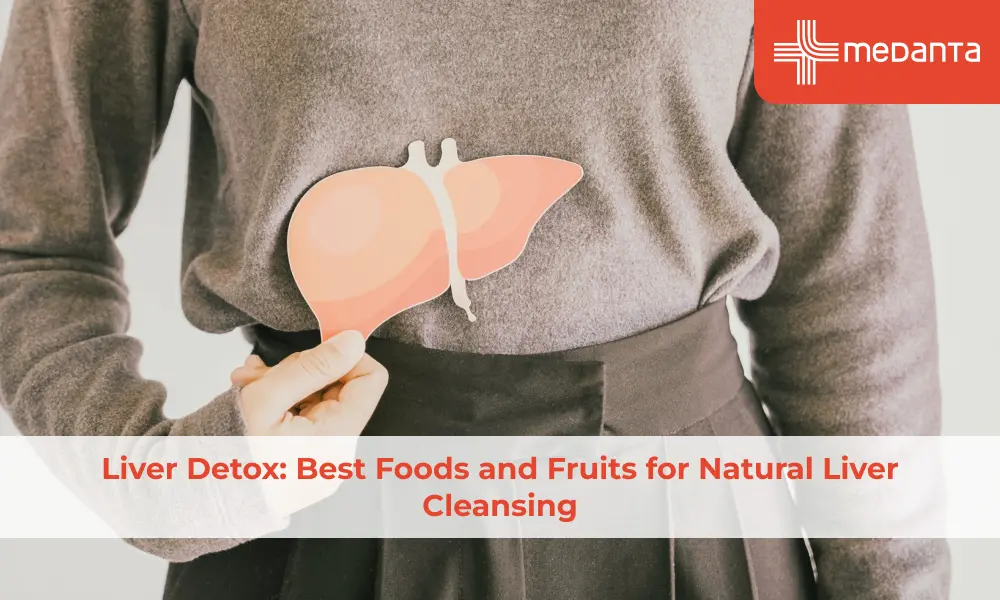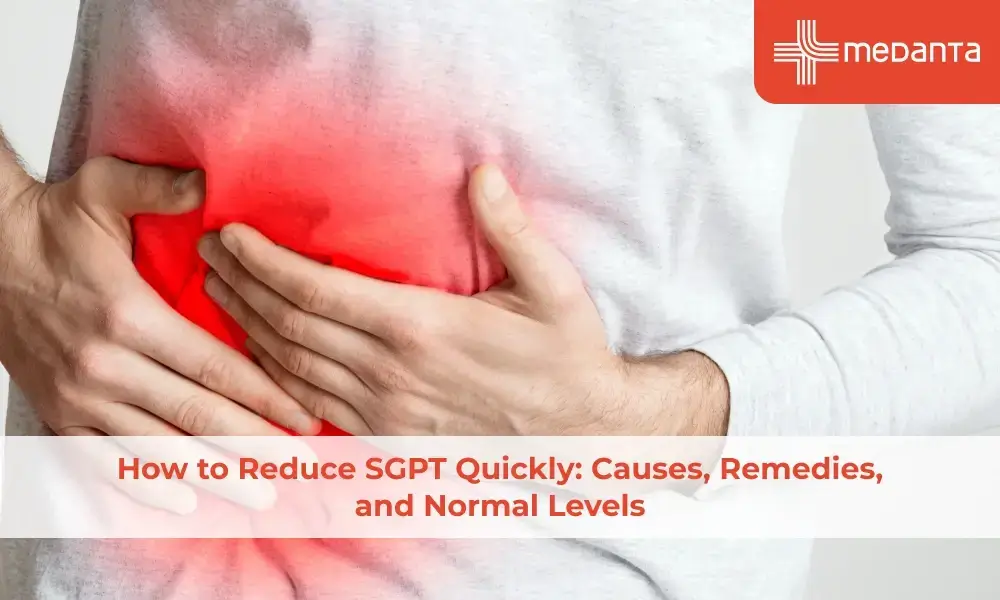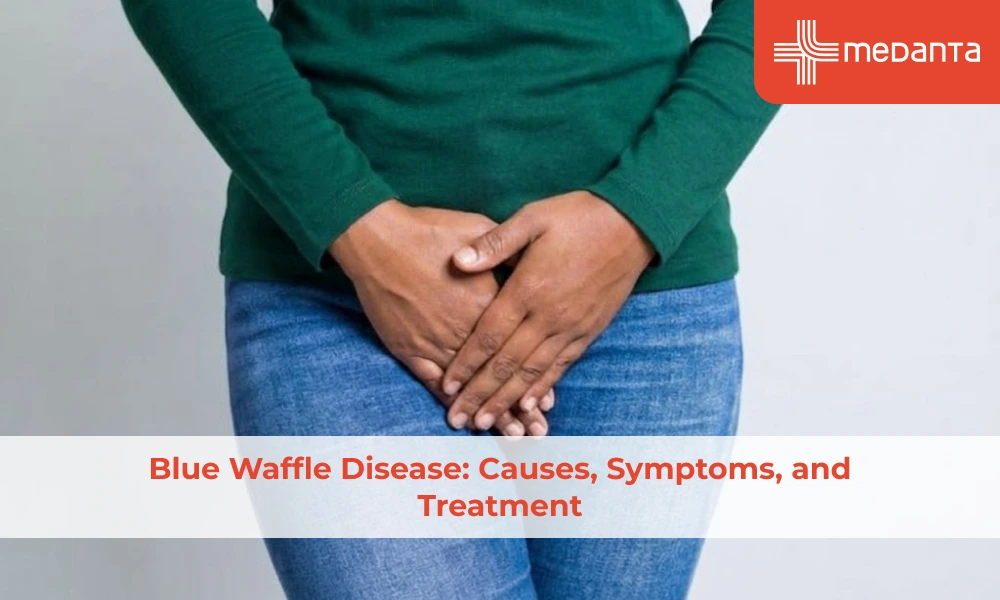10 Easy and Simple Ways To Protect Yourself From Air Pollution in India
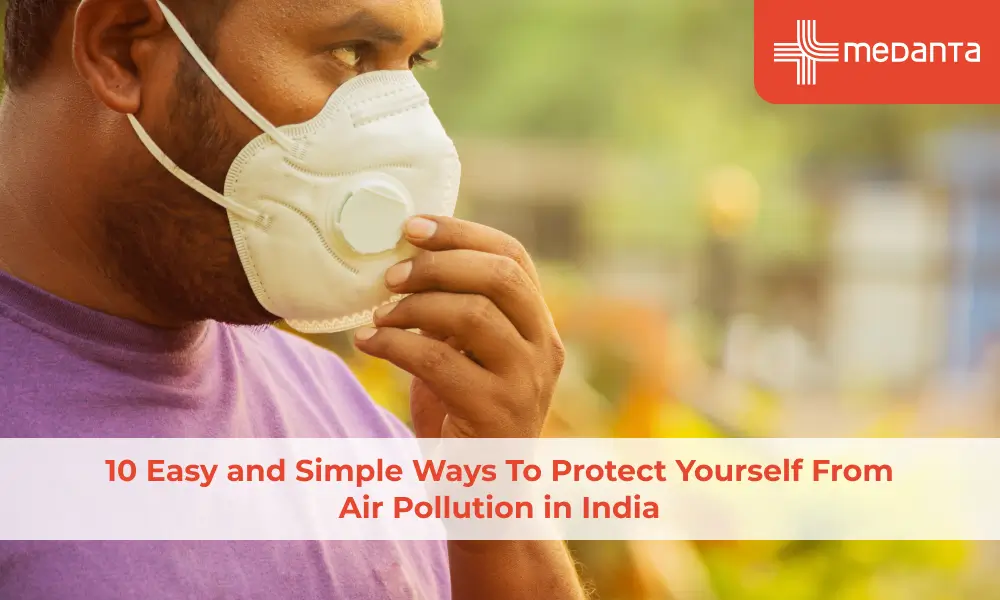
TABLE OF CONTENTS
Let’s face it: air pollution is no longer just a problem—it’s a crisis. It’s in the news, on our minds, and unfortunately, in our lungs. In cities like Delhi, where the Air Quality Index (AQI) recently hit a staggering 488—classified as "severe plus"—it feels almost impossible to escape the toxic smog. But while you can’t eliminate pollution overnight, you can protect yourself and your loved ones in practical, easy ways. Here’s how.
What Is Air Pollution and What Are Its Effects?
Air pollution is more than just an environmental issue—it’s a health crisis with devastating consequences. It’s not merely about a hazy skyline or the occasional inconvenience of wearing a mask; pollution directly impacts our bodies in ways we’re only beginning to fully understand.
Let’s start with the basics. Air pollution is a mix of harmful substances like particulate matter (PM), nitrogen oxides, sulphur dioxide, carbon monoxide, and volatile organic compounds. Among these, PM 2.5 is the most concerning. These microscopic particles are 30 times smaller than the width of a human hair, meaning they can easily penetrate your lungs, enter your bloodstream, and wreak havoc on your body.
In India, the problem is especially severe. The air quality in major cities like Delhi often reaches hazardous levels. On November 19, 2024, Delhi’s AQI hit 488, classified as "severe plus," making it the worst in the country. On such days, simply breathing the air is equivalent to smoking dozens of cigarettes, a sobering thought for anyone living in these conditions.
But the danger doesn’t stop there. Studies show that India’s current air quality standards are not stringent enough to prevent harm. For instance, a staggering 33,000 deaths occur annually in just 10 Indian cities due to exposure to PM 2.5 at levels still considered "safe" under Indian guidelines. These deaths account for 7.2% of all fatalities in these regions. The World Health Organization’s (WHO) guidelines for PM 2.5 are far stricter, highlighting the urgent need to reassess what we define as “acceptable” air quality.
The impacts of air pollution go beyond the lungs. Research in India has linked long-term exposure to polluted air with a variety of chronic conditions. For instance, air pollution has been shown to exacerbate anaemia by reducing oxygen delivery in the blood. It also takes a toll on mental health, contributing to higher rates of anxiety and depression. Studies even suggest links to neurodegenerative diseases, reduced cognitive function, and developmental delays in children.
Simple Ways To Protect Yourself From Air Pollution
Pollution doesn’t just harm your lungs; it can affect your brain, blood, and even your mental health. A growing body of Indian research links polluted air to conditions like anaemia and anxiety. Knowing this, it’s clear we need to protect ourselves—not tomorrow, but today. Here are some simple ways to protect yourself from air pollution:
1. Track Air Quality Daily
The first step in tackling any problem is understanding its scope. Start monitoring the AQI in your area. Apps like AQI India, AirVisual, or websites like the Central Pollution Control Board’s (CPCB) portal provide real-time updates.
Why does this matter? Because not all days are created equal. On days when AQI levels cross 200 (poor) or worse, it’s best to limit outdoor activities. For perspective, the recent AQI of 488 in Delhi—recorded on November 19, 2024—was the worst in the country and a wake-up call for everyone.
2. Use a High-Quality Air Purifier Indoors
Contrary to popular belief, indoor air isn’t always cleaner than outdoor air. Dust, cooking fumes, and even furniture can contribute to indoor pollution. Investing in a good air purifier, particularly one with a HEPA filter, can significantly improve air quality in your home.
Place purifiers in rooms where you spend the most time—like the bedroom or living room. If you can’t afford multiple units, focus on creating a “clean zone” in one part of your house.
3. Wear a Mask (But Not Just Any Mask)
Gone are the days when masks were associated only with pandemics. In cities with high pollution levels, a good-quality mask is a lifesaver. But here’s the key: not all masks are created equal. Look for masks rated N95 or N99, as these are designed to filter out particulate matter like PM 2.5, the same pollutant linked to thousands of deaths annually.
Pro tip: Make sure your mask fits snugly, covering both your nose and mouth. A loose mask is about as useful as a sieve in a sandstorm.
4. Green Up Your Space
Nature is one of the best detoxifiers we have. Adding indoor plants like peace lilies, snake plants, or areca palms can help reduce indoor air pollutants. While plants alone can’t solve the pollution problem, they are a small, beautiful step toward cleaner air.
If you have outdoor space, consider planting trees or hedges. Not only do they improve air quality, but they also act as natural barriers against dust and pollutants.
5. Limit Your Outdoor Exposure
When pollution levels spike, it’s best to stay indoors as much as possible. If you must go out, avoid early mornings and late evenings when pollution tends to be at its peak. Instead, plan outdoor activities in the afternoon when the sun disperses pollutants more effectively.
For exercise enthusiasts, consider switching to indoor workouts on high-pollution days. Running in smoggy conditions can do more harm than good to your lungs.
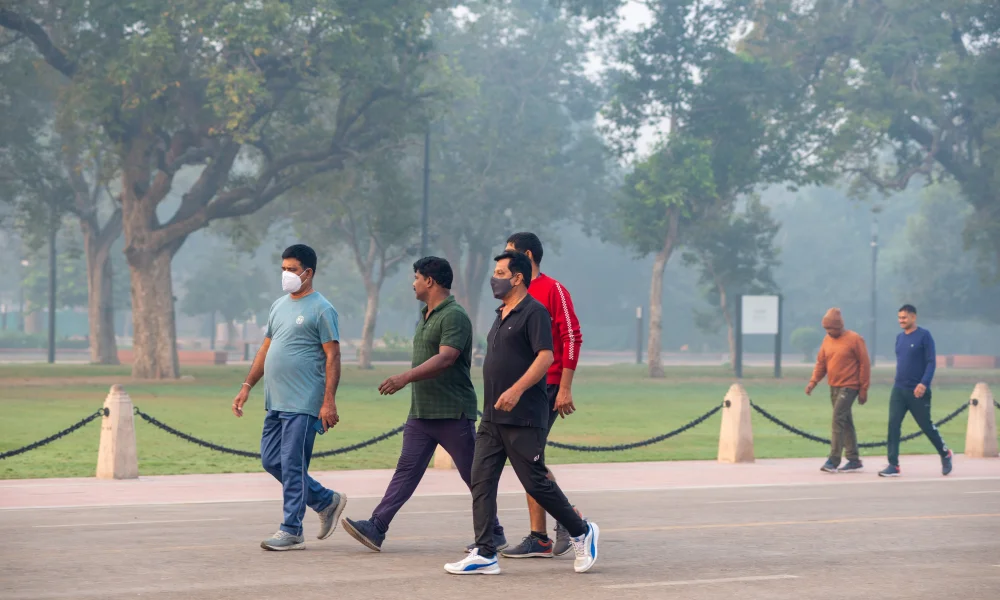
6. Ventilate Smartly
Good ventilation is crucial for healthy indoor air, but timing is everything. Open windows during low-pollution hours—typically in the mid-morning or early afternoon. On high-pollution days, keep them shut and rely on air purifiers instead.
7. Opt for Public Transport or Carpooling
Reducing your own contribution to air pollution is equally important. One of the simplest ways is to drive less. Use public transportation, carpool, or, better yet, switch to cycling or walking for short distances.
Not only does this cut down on vehicle emissions, but it also helps reduce congestion, another contributor to urban air woes. Plus, it’s lighter on your wallet!
8. Boost Your Diet
What you eat can impact how your body handles pollution. Foods rich in antioxidants, such as berries, nuts, and leafy greens, help combat the oxidative stress caused by pollutants. Omega-3 fatty acids, found in fish or flaxseeds, are particularly good for lung health.
Stay hydrated, too. Drinking plenty of water helps your body flush out toxins, including those inhaled from polluted air.
9. Advocate for Cleaner Air
Individual actions are powerful, but collective change is even more impactful. Advocate for stricter air quality regulations and support organisations working toward cleaner air.
The recent finding that 7.2% of all deaths in India annually are linked to air pollution is a sobering reminder that we need systemic solutions. Push for cleaner energy sources, better public transport, and stricter emission controls in your city.
10. Educate Your Community
Sometimes, the simplest act of protection is spreading the word. Educate your family, friends, and community about the dangers of air pollution and the steps they can take to stay safe. Host workshops, share articles, or even organise local clean-up drives.
Yes, air pollution is a massive challenge. But every action, no matter how small, makes a difference. From wearing a mask to planting trees, each step contributes to cleaner air and healthier lives.
While the statistics—like Delhi’s recent AQI or the shocking death toll linked to PM 2.5—paint a grim picture, they also highlight the urgency of the issue. The good news? Protecting yourself and advocating for change is within your power.
So, take a deep (clean) breath, and let’s work together to create a world where the air we breathe sustains life rather than threatens it.
If you or someone you know are suffering from respiratory or breathing related issues due to air pollution, then consult an experienced pulmonologist as soon as possible and take control of your health!



